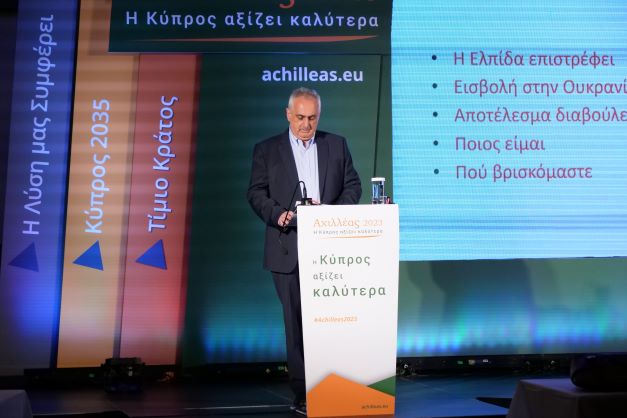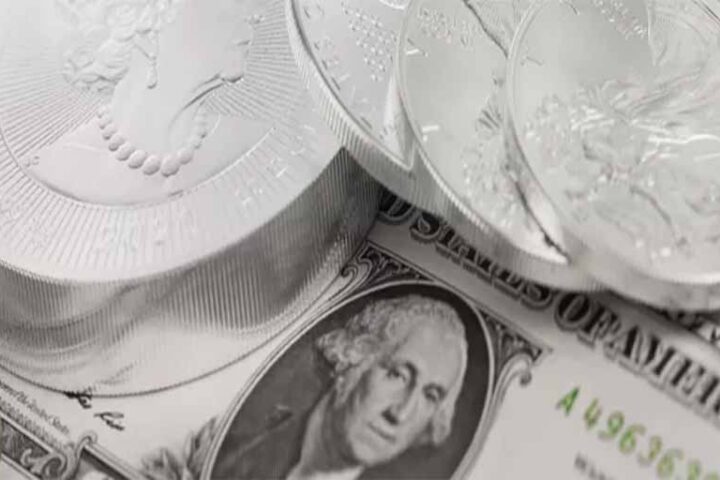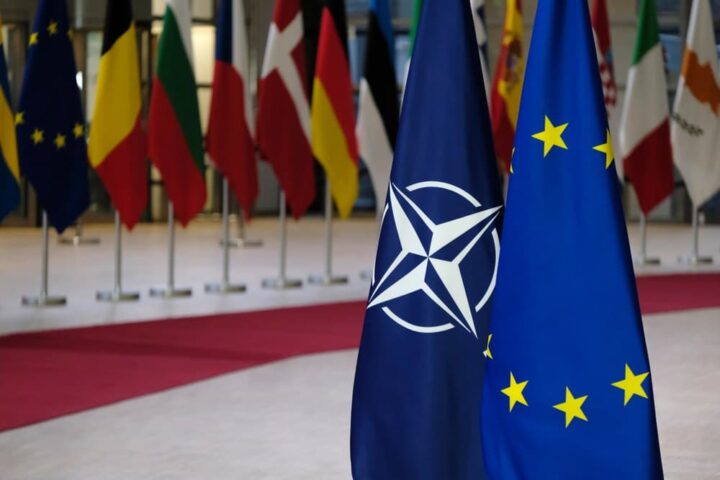The invasion of the Russian military in Ukraine is at the forefront of the international scene. The world’s attention has turned, with grave concern, to what is happening in Ukraine. This invasion is contrary to international law and violates European human rights.
I call for the respect of the territorial integrity of every state. This is the only path towards security and stability in Europe, which finds itself in the midst of another major war.
There are internal differences in Ukraine. The framework for their solution was the Minsk Agreements, which provide inter alia for some form of autonomy for the Russian-speaking districts in eastern Ukraine.
Unfortunately, the agreements were not able to be implemented. Nonetheless, this cannot be an excuse for military intervention. The only way to resolve problems is through diplomacy and talks.
On March 16, 2022, the International Court of Justice in The Hague issued, under the Convention on the Prevention and Punishment of the Crime of Genocide, interim measures against Russia, calling for a ceasefire.
Moreover, Russia has withdrawn from the Council of Europe, leaving essentially 144 million Russians without the protection of human rights from the European Court of Human Rights in Strasbourg.
Cyprus aligns itself with Europe as regards imposing sanctions. We are not a member-state à la carte. Council decisions have to be observed by all member-states.
Following the decision imposing sanctions on Russia, there is an ongoing discussion on whether the decision of the subordinate local administration in the occupied north Cyprus not to close its air space might lead to direct flights from Russia to Tymbou airport.
Turkey has been a candidate country for EU accession since October 2005, with Cyprus’ positive vote on the issue. However, nobody knows exactly where EU-Turkey relations stand. The only certainty is that recently there is a discussion on the renewal of the EU-Turkey Customs Union, which has been in place since January 1, 1996.
This issue is particularly complex in that today the level of EU-Turkey relations is not at all clear. Is Turkey a candidate country or not? What leverage does Cyprus have regarding a political settlement?
Given that Turkey’s relations with Europe are hanging in the balance, is Turkey perhaps not bound by Council decisions? Whose interests are served by maintaining such a relationship? Not Cyprus’ interests, for sure, which is why we need an in-depth and full analysis.
‘Positive Agenda’ beneficial to Cyprus
In general, I would argue that the discussion on the EU-Turkey “Positive Agenda” is beneficial to Cyprus. Cyprus can express readiness to proceed provided an essential precondition is met: the resumption of the talks for a solution of the Cyprus problem, on the agreed basis which all Presidents of the Republic have accepted.
In this context, we have a very important tool, the Guterres Framework, which provides in point 1 the abolition of the rights of intervention and in point 2 the withdrawal of the occupation army.
As we witness the dramatic developments in Ukraine, it would be useful to draw our own conclusions from this war.
We need to be able to anticipate developments and take decisions at the appropriate time. I recall the UN talks at Crans Montana, when we got up and left.
Now we see what is happening. Circumstances change, we are losing the momentum and the international community is turning its attention elsewhere.
How can we succeed so that we are not always trailing behind developments?
I propose:
- The President and the Presidency must have advisors with expert knowledge, not a Presidential Palace full of party employees, as it is today.
- The National Council must have specialist support, so that its decisions are based on evidence arising from comprehensive analysis.
- The economy needs to have a robust “Economic Council” as an advisory body, along the lines of similar institutions in EU countries. Its recommendations must weigh heavily in crisis management, e.g. the situation in Ukraine and government decisions on corrective measures.
- A strategy on energy Today, because of the war in Ukraine, European countries are desperately trying to disengage themselves from their dependence on energy supply from external factors. This means a rapid turn towards Renewable Energy Sources (RES). We have done nothing about this for years.
- Finally, we must appreciate these key developments and turn our attention towards a strategy to exploit any natural gas deposits, using this as a catalyst for the solution of the Cyprus problem together with the Turkish Cypriots, in a united federal state.
Crises provide opportunities only if we have the will and the programme to make the most out of them, quickly and effectively.
Otherwise, developments will pass us by and we shall continue to remain detached spectators.
By Achilleas Demetriades










